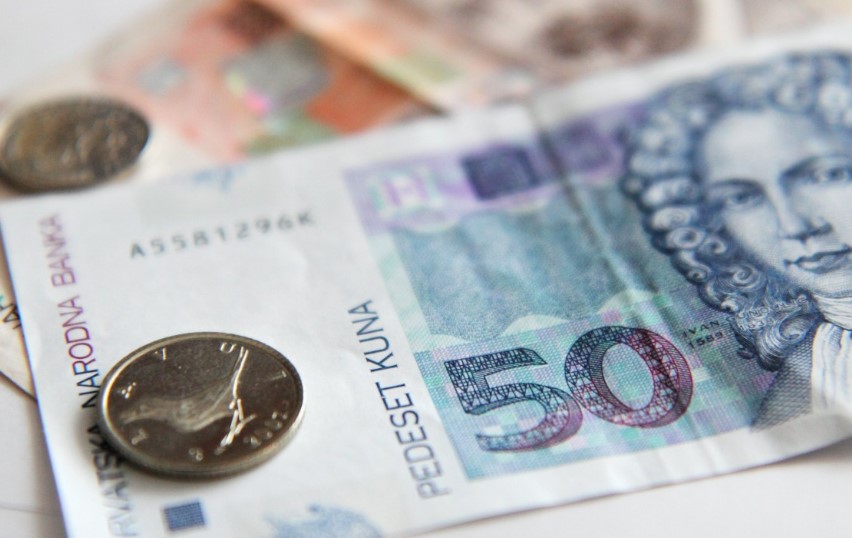
Basic Facts about Croatian Money and Investing in Croatia
Croatian money and investing in Croatia are two things that every business owner should be familiar with before they even hire Protax for their tax and accounting needs. After all, these are important to ensure your success in the Croatian market.
Table of Contents
Croatian Money 101
Established only in 1991, the currency of Croatia has gone through a slight decline in value or depreciation since the time it was launched. The euro is the reference currency that the National Bank of Croatia uses.
This means that if the euro depreciates against the US dollar, its effect will be the same on the exchange rate between the US dollar and the kuna. Back in 1995, 5.230 kuna was equivalent with $1 but when the end of 2000 came, this exchange rate has jumped up to 8.320 kuna for every $1.
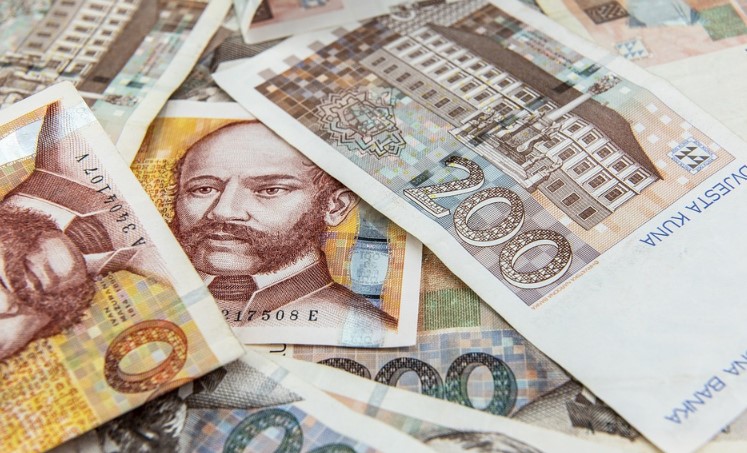
There are a lot of reasons that explains the reason behind kuna’s depreciation and some of these are the slow rate of privatization, compensations paid to bankrupted banks’ depositors, and deficits in pension system. The ratio between pensioners and employed has increased to 0.95 in 2000 from 0.65 in 1998. The statistic only means that for each retired person, only one person is employed in Croatia. The increased energy prices are among the external factors with an influence on the drop in the exchange rate of kuna.
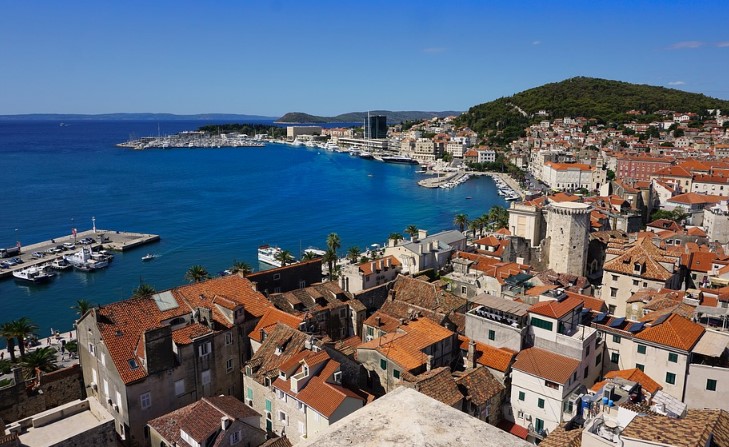
The National Bank of Croatia is the central bank that manages the Croatian supervision and monetary policy of the commercial banking sector. Even though there are more than 50 banks that operate in Croatia, over 70% of the banking system’s overall assets belong to the six largest ones. Many of them and several of the banking institutions of medium size are under the indirect ownership of the government that holds big proportions of the shares in the operations through the different government-controlled companies. Several foreign banks have their representative offices that operate in Croatia.
A big portion or about 75%, of the overall assets of the banking system of Croatia are not mobilized, which means that they don’t generate assets. These assets are made up of public debt, state bonds, investments with a small chance of producing returns, and ownership in the companies that don’t yield dividends. It is the primary reason why long term loans have high real interest rates that are 25% to 30% every year. The country’s government has full commitment to the restructure of the most problematic banks and they even received a pledge from the World Bank worth $100 million to help solve the issue.
There is only one stock exchange that operate in Croatia and that is the Zagreb Stock Exchange. Its origins can be traced back in 1918 yet the communist regime abolished it in 1945. About half a century later, when the country got their independence in 1991, 25 insurance companies and banks revived the stock exchange as a non-profit and non-governmental institution. The ZST is quite small with only several privatized firms trading on it.
Investment Opportunities in Croatia
Croatia has been among the fastest growing countries in Central Europe since 2000 and this only indicates a natural rise of opportunities for investing in Croatia. Germany and Italy are its primary partners for foreign trade. Even though Croatia has a rather ancient history as far as the economic front is concerned, it is still a new country. It was only in 1997 when it was awarded with investment grade rating.
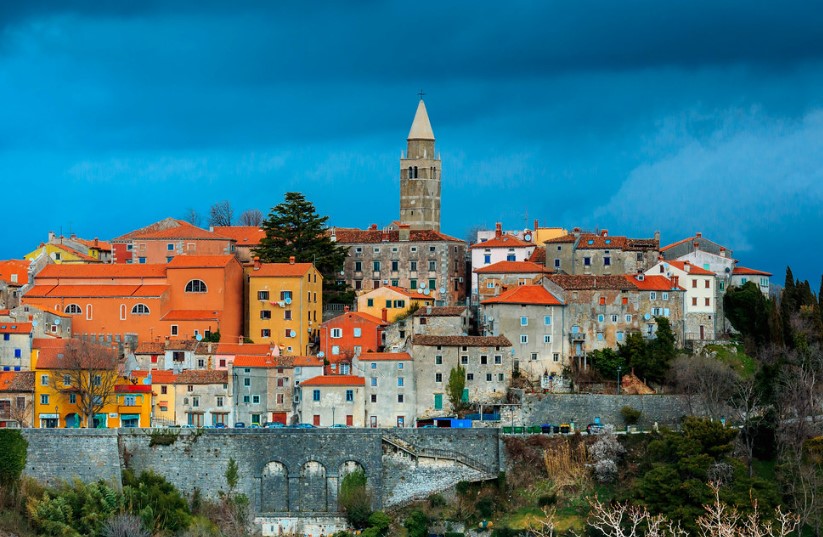
These days, there is a significant progress made towards the implementation of structural reforms even if the reform’s pace is slow. About two-thirds of the economy of the country has already been privatized and about 90% of the bank assets are under private ownership, mainly by strategic foreign investors.
How to Invest in Different Croatian Economy Sectors
About 60% of the GDP of the country is being generated by services sector. There is no denying that tourism is extremely essential for the country because this is the aspect of service sector responsible for creating the most employment and economy. Tourism is the biggest source of foreign revenue of Croatia but right now, it only makes up a small segment of the foreign direct investment. The primary interest in investing in Croatia actually comes from the Europeans. The Italian banks are the main participants in the privatization of banking and the Austrians and Germans also have a stake in banking sector.
The other sectors that attract interest include cement, manufacturing, power, telecoms, and pharmaceuticals. Once again, the key investors come from Austria and Germany as well as Italy, the Netherlands, and other countries in Europe such as Hungary and Slovenia.
It is a must to be familiar with all the caveats but there are a lot of existing opportunities for the foreign companies in various sectors. Some of these are the major infrastructure projects in roads, railways, oil, water, gas, tourism, telecommunications, consumer goods, construction materials, medical equipment, healthcare, and shipbuilding.
How to Set Up a Croatian Business
Croatia is considered an open market for the foreign investors and people who come to the country for the purpose of doing business. The foreign investors don’t get subjected to special regulations or laws. Businesses can be carried out under similar conditions as the local business structures. Aside from this, the foreign investors also get to enjoy several guarantees that domestic investors don’t get to enjoy. The constitution of Croatia provides for free capital or profit repatriation when the investment is terminated. Protax (https://protax.it/) can help you in opening a SRL in Croatia.
Tourism Investments
Thanks to the well-preserved natural environment, a very much celebrated historical and cultural heritage, and serious emphasis on the country as a destination for tourists, it is worthy to investigate some of the sector’s investment possibilities. The Croatian Chamber of Economy claims that selective tourism is where the future lies. The country definitely has exciting opportunities for those who want to carve out a specific niche market. There are more and more holidaymakers that seek vacations involving more than just frolicking on the beach. Croatia is ideal for dive tourism, nautical tourism, fishing tourism, cruising on small boats.
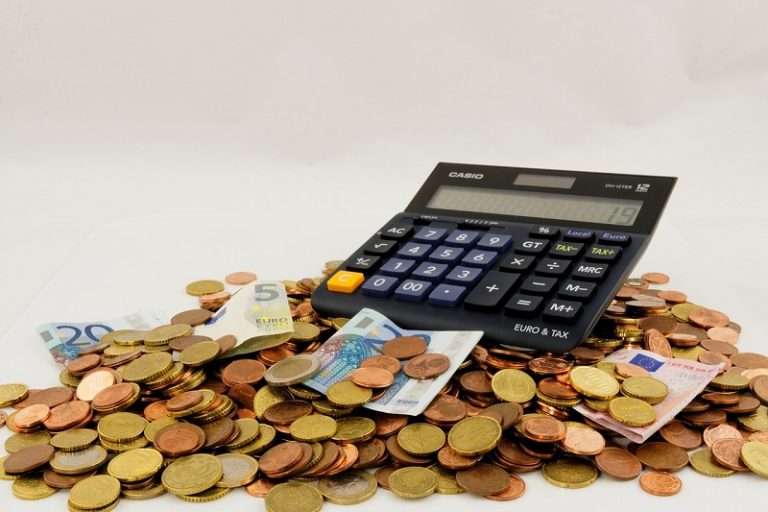
Read also next article: Things to Know about VAT Registration Tax
If your business is making sales, you will not charge your customers with VAT unless you have been registered to do so.




